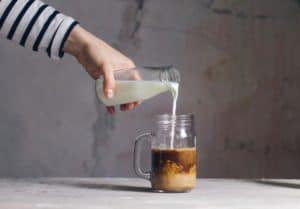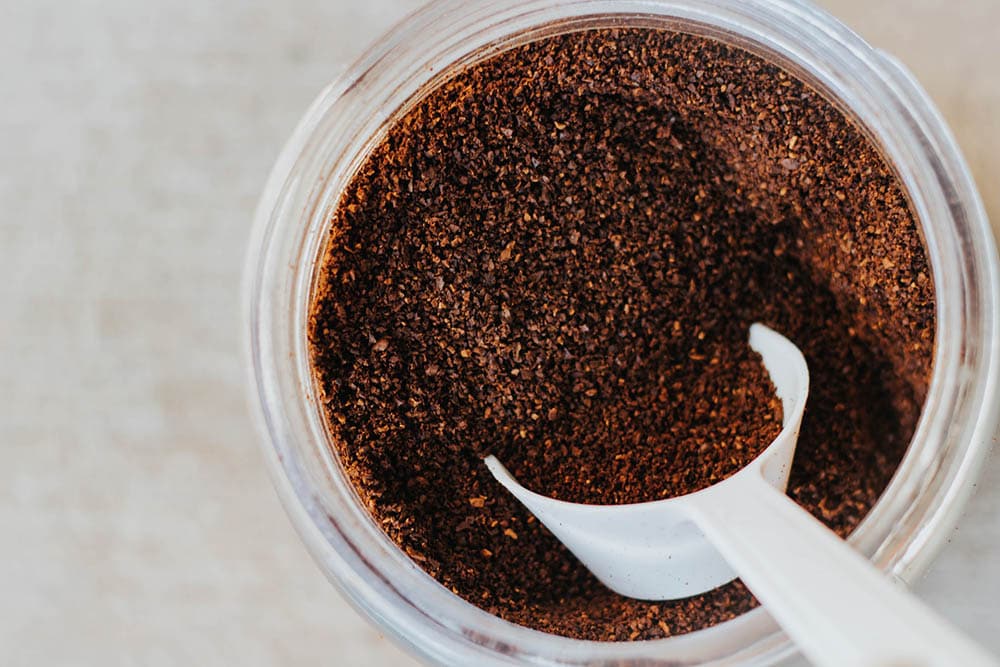
A cup of coffee first thing in the morning is routine for most of us here in the United States. I mean, what better jump start to your day than a smooth, warm cup of aromatic coffee to lift your energy and your spirits and get you ready for the day’s challenges?
A lot of people purchase ground coffee varieties to keep at home and brew each morning (or however often you drink it.) This leads to a common question, does ground coffee go bad? The answer is yes, ground coffee can go bad. To sum it up more easily, ground coffee will go stale. There’s more to it though, so read on.
When Does Ground Coffee Lose its Freshness?
The shelf life of ground coffee depends on storage conditions and whether the package has been opened or not. It is always best to read the manufacturer’s information regarding the expiration date and handle your coffee accordingly. Here are some average longevity timeframes based on the type of storage.
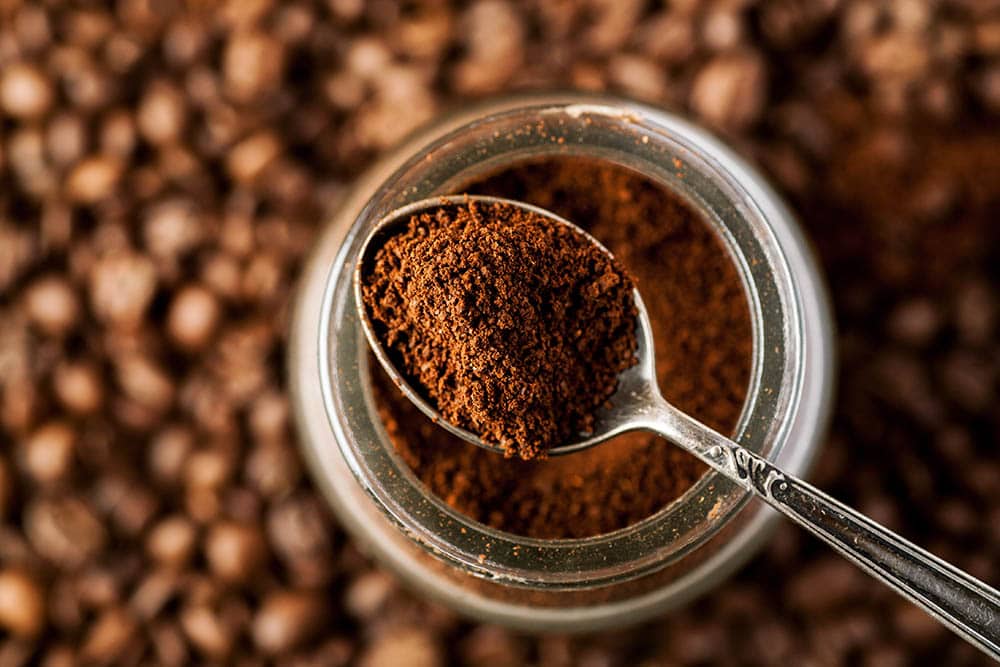
Sealed and Unopened
Ground Coffee
When stored at room temperature and left unopened with the seal intact, ground coffee will typically remain fresh for about 3 to 5 months. Remember to keep your ground coffee out of the sun.
Whole Bean Coffee
Whole-bean coffee tends to last a bit longer when kept at room temperature. It averages a shelf life of 6 to 9 months in the pantry and even 2-3 years in the freezer (though we don’t recommend doing that).
Instant Coffee
Instant coffee has a super long shelf life of at least 2 years to over a decade in the pantry when kept at room temperature. This will depend on the type of packaging, however. Many instant coffee packets include a layer of aluminum that acts as a barrier and protects it against heat and moisture.

Coffee Pods
Individual coffee pods typically have an expiration date of approximately 1 year from the date of manufacturer, but this will vary by company. It’s important to keep watch for the expiration date on the box but if you’re a heavy coffee drinker, you will probably blow through them long before their shelf life is up. These pods stay sealed individually, which keeps them fresh for quite a while.
Opened Coffee
Once you have opened up a container or bag of ground coffee, you can expect a 3-to-5-month shelf life whether it is kept in the pantry, refrigerator, or freezer. Fresh beans do still have a longer shelf life of about 6 months in the pantry once opened and up to 2 years if frozen.
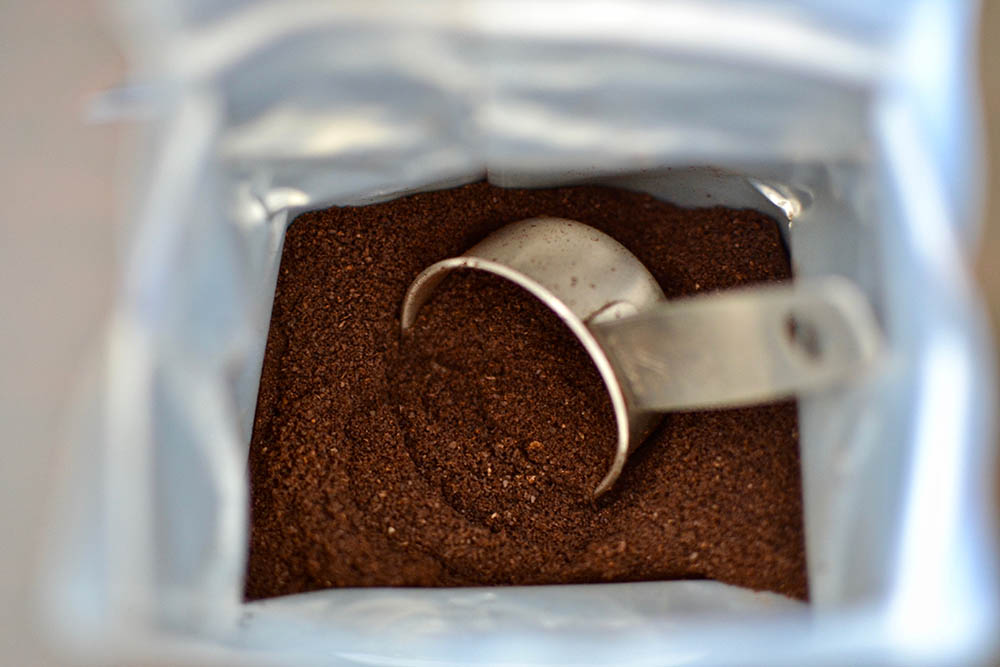
How to Tell if Coffee Has Gone Bad
Coffee won’t spoil or develop mold (before brewing) so it is difficult to gauge whether it has gone stale by just looking at it. It’s recommended to give it a smell, as coffee will lose its striking, pleasing aroma when it starts to go stale. It may smell a bit stale, but it may just have more of a lackluster smell. If you cannot tell by the smell, you will certainly be able to tell when you taste it.
Keep in mind that though coffee is a dry product, if the bag or container were opened and encountered moisture, it can mold and will quickly go bad. If that happens, it’s best to toss it for the sake of your health and your taste buds.
Best Ways to Store Coffee
There’s no better way to keep your coffee fresh than to keep it stored in ideal conditions. Here are some tips to keep your coffee well-stored and long-lasting.
Store ground coffee or whole beans in an opaque, airtight container in a cool, dry place such as the pantry, refrigerator, or freezer. There’s a reason there are no transparent coffee containers in the supermarket, it’s to prevent a process known as photodegradation, where air and light can alter the coffee’s chemical composition.
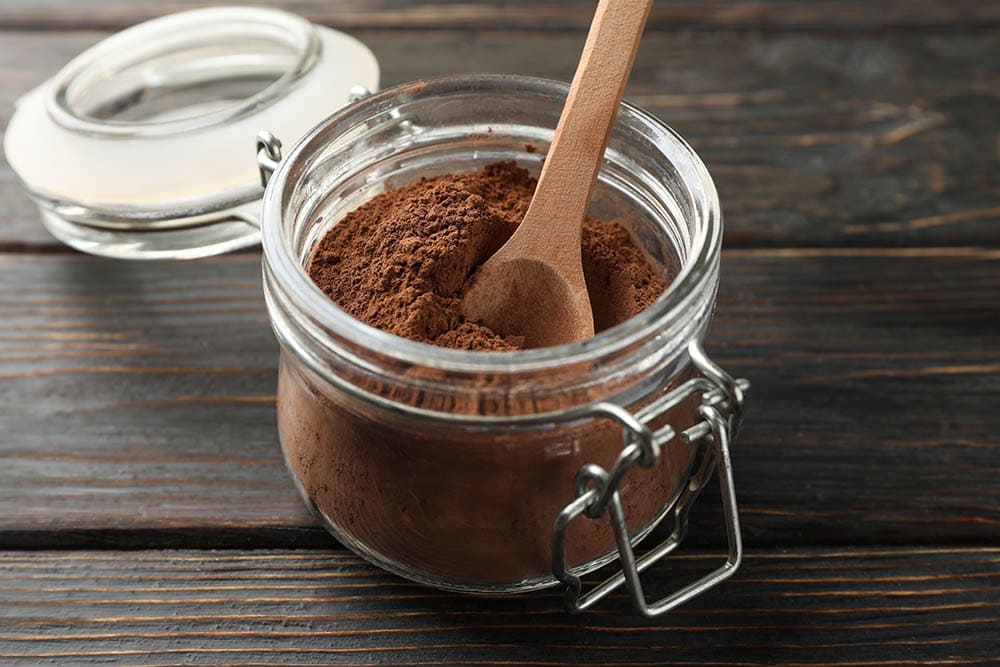
Uses for Stale Coffee Grounds
You don’t have to throw out your stale ground coffee, there are plenty of other great uses for it as opposed to throwing it in the trash, have a look:
Turn It Into Fertilizer for Your Garden or Potted Plants
A lot of soil lacks some essential nutrients necessary for optimal plant growth. Even nutrient-dense soil can be depleted during the plant’s growth. Coffee grounds are rich in minerals that can assist in plant growth including nitrogen, calcium, potassium, iron, phosphorus, magnesium, and chromium. You simply sprinkle them into the soil and let them do the work.
Use It As Insect Repellent
The caffeine and diterpenes in coffee can be highly toxic to insects and work well at repelling them. It can be effective at repelling mosquitos, fruit flies, beetles, and even some parasites. You can sprinkle them in the yard near high-traffic outdoor areas or sit out bowls on the grounds nearby. You can also add it to your dog’s shampoo during bath time to help repel those pesky fleas.
Put It In the Compost Pile
Rather than opting to throw your coffee in the garbage, consider putting it in the compost pile. This is the best way to get rid of food and other biodegradable waste is through composting for use in gardens and lawns.

Skin Exfoliant
The texture of coffee grounds makes for an excellent exfoliant. A lot of people like to combine it with coconut oil and rub it all over for a nice, relaxing, and natural exfoliating scrub. The caffeine in coffee is rich in antioxidants and has many benefits for your skin. Some even recommend using it for fine lines, wrinkles, and cellulite problem areas.
Use It to Tenderize Meat
Coffee contains natural acids and enzymes that help tenderize the meat and may even help to enhance the overall flavor. Add a few grounds to a dry rub before cooking and the grounds will tenderize the meat and cook right into it.
Use It As a Cleaning Agent
Whether you need to scrub dishes, pots, pans, or other tough surfaces, the texture of coffee grounds will help you remove stuck-on food particles and other tough buildups. Of course, they’ll leave a bit of a mess themselves when cleaning surfaces but it’s a quick, odor-neutralizing cleanup.
Conclusion
Coffee grounds will go stale after a while, depending on how long you’ve had them and the manner you have stored them. You can typically tell by the smell that your ground coffee has gone stale, but most definitely my taste. Even if your coffee has gone bad, you can still get plenty of use out of the stale grounds so that it doesn’t end up being a complete waste.
See Also: Can Ground Coffee Be Frozen? What to Know!
Featured Image Credit By: Andrea Tummons, Unsplash















